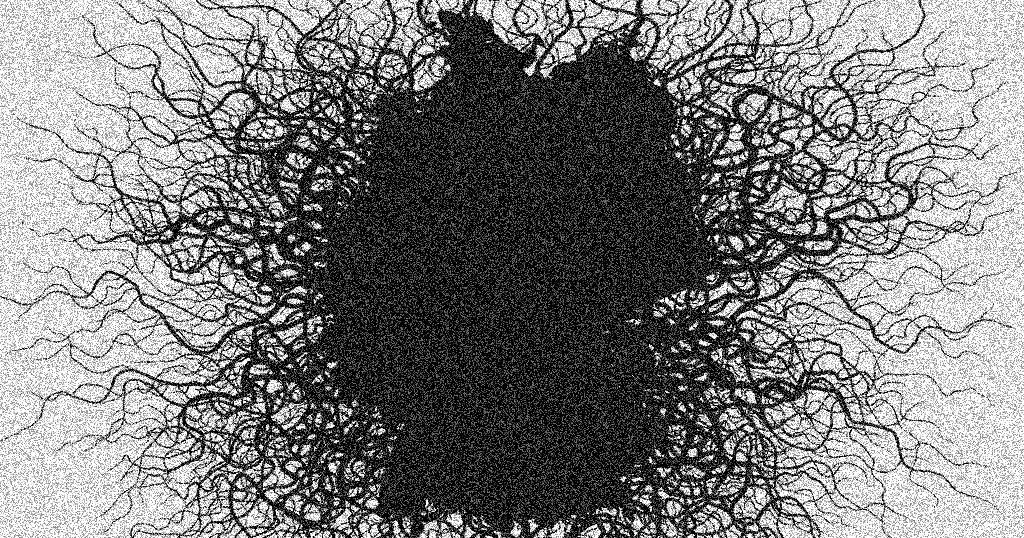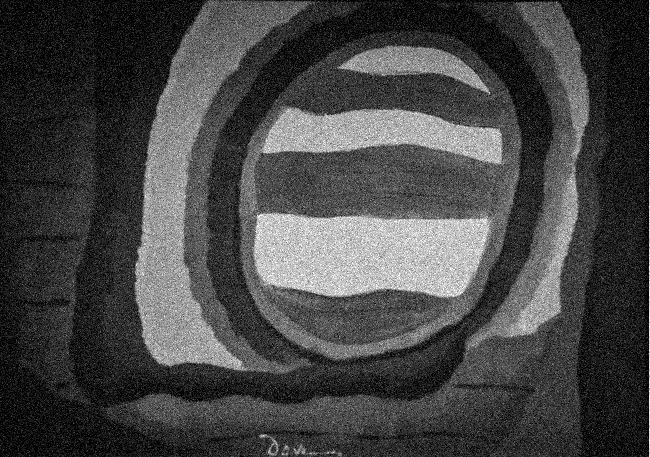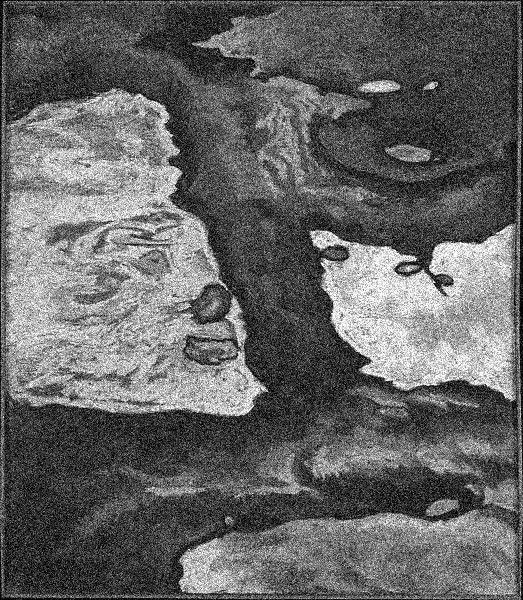We Are All Very Bad Materialists
The Institute for Precarious Consciousness has engineered theoretical "machines" for their own confusion.

We are all very anxious, and our pervasive anxiety is the “public secret” of the neoliberal era, its “dominant affect,” playing the same role as “misery” in prewar capitalist society and as “boredom” in the Fordist period. What we need more than anything today is to replace the old machines for fighting boredom, built for struggle against the dominant affect of the 50s, with machines for fighting anxiety, the central site of struggle in our own time. These new machines will generate “precarity focused consciousness” that constructs an “emotional safety net” for people crippled by anxiety, which is a “real, material force—not simply a spook.”
Or so claims the Institute for Precarious Consciousness (perhaps an avowal of their own mode of reasoning?) in their 2014 essay “Six Theses on Anxiety and Why It is Effectively Preventing Militancy, and One Possible Strategy for Overcoming it.” Elevating affect to the level of social cause is a sure sign of middle-class bias. For the IPC, capitalism seems to be about “emotion, bodily disposition, and ways of relating,” and only secondarily about the production of surplus value and the exploitation of workers. In a superficial sense, the left-wing version of the right-wing contention that affects play a determinative social role comes from the anarcho-liberal wing of the French “communization” current and its journals and collectives like “Invisible Committee,” which unapologetically transplants Stimmung from the pages of Heidegger. In a substantial sense, it arises from the confusion of cause and effect rampant in a world in which a manically joyful “production of concepts” reigns under the benevolent oversight of powers happy to encourage the production of theoretical “machines” engineered for their own confusion.
Of course capitalism does register at the psychological or “affective” level in addition to the material one, but these levels both need to be adequately distinguished and placed in the proper structural and causal relationships. Misery, contra the IPC, is not an affect, and it certainly didn’t end in the post-war period. The 4% of American families that are surviving on $2/day would be perplexed by this periodization, which in general relies upon an adequate understanding of historical regimes of accumulation but misguidedly portrays these regimes as anchored in emotions rather than defined by structural features. The truth is that every regime of capital accumulation relies upon multiple affects, and anxiety in particular has attended every society in which its members are constantly at risk of being ejected from processes over which they have no control.
One might reply that the IPC is only trying to pinpoint the dominant affect of contemporary society, and not the sole affect. But they can only do so axiomatically: why anxiety today instead of, for instance, depression or autism? Perhaps it is possible that certain affects are more dominant than others in certain periods, but demonstrating this would require careful linkages between social and psychic structure. In any event, we should dismiss the notion that we could ever ground social analysis in the dominance of any one particular affect by being clear about the logic. Conditions of alienation, immiseration, and exploitation leads to one of experiential misery, not vice versa (though affective misery certainly contributes to the requisite social reproduction).
Given such fumbled premises the solution to the current crisis of anxiety remains within the false space of the problem. The IPC’s nod toward the potential power borne by the destructive character—the passage through anxiety to organized anger—is hamstrung by a cult of public self-care worthy of Psychology Today and dressed up in Deleuzian rhetoric: basic coping mechanisms for an unlivable world are mobilized on the ontological battlefield as “machines against anxiety.” “Something isn’t working,” but the hope invested in concepts (“producing new grounded theory relating to experiences”) betrays the hopelessness of conceptual practices against the accelerating inequality and disintegration of society, which is what in fact “isn’t working.”
More generally, the IPC is firmly rooted in the tradition that remains to this day the central ideological obstacle to Marxism: a left Hegelianism that thinks ideology critique can do what can only be accomplished by material revolution. If only we can properly name the experience in theory, so the thinking goes, if only the “public secret” is outed by “giving voice” to that which the system represses, then we can “produce the click — the moment at which the structural source of problems suddenly makes sense in relation to experiences.” Feuerbach long ago produced the theological “click,” and look where that has gotten us. What was true over a century ago is only more true today: the increasing predominance of the economy criminalizes all attempts to explain social conditions by the psychic life of society’s victims.
The need to investigate our social media practices, the personalization of anxiety in parenting practices, and the pseudo-communication that our mediatized public sphere makes possible and demands are real problems. But the confidence and false-knowingness with which the IPC deploy thoroughly confused conceptual resources inverts each of their radical negations into resigned affirmations. If we are suffering from anxiety because we can’t afford to live month to month, then we should fight for basic housing, income, and healthcare rights, not soothe one another in safe “disalienated spaces.”
One small point in closing: the IPC’s third thesis claims that “capitalism has largely absorbed the struggle against boredom,” thanks to “new products, such as video-games and social media, [which] involve heightened levels of active individual involvement and desocialized stimulation.” There is a question here regarding the through-line between the original “machines against boredom” (the Situationists, Autonomia) and the domesticated ones (social media), implicitly linked by the IPC, but the more problematic assumption is that contemporary capitalist society is indeed entertaining, that it is stimulating and satisfying, that it delivers the goods (while making us anxious). It is a sure sign of the precarity of consciousness that the “pleasures” of capitalist society are accepted as such, but this is a problem for a different machine.
■
The Machine for Fighting Machines that Fight Things is poorly cast but happy nonetheless to be turned back on itself.



